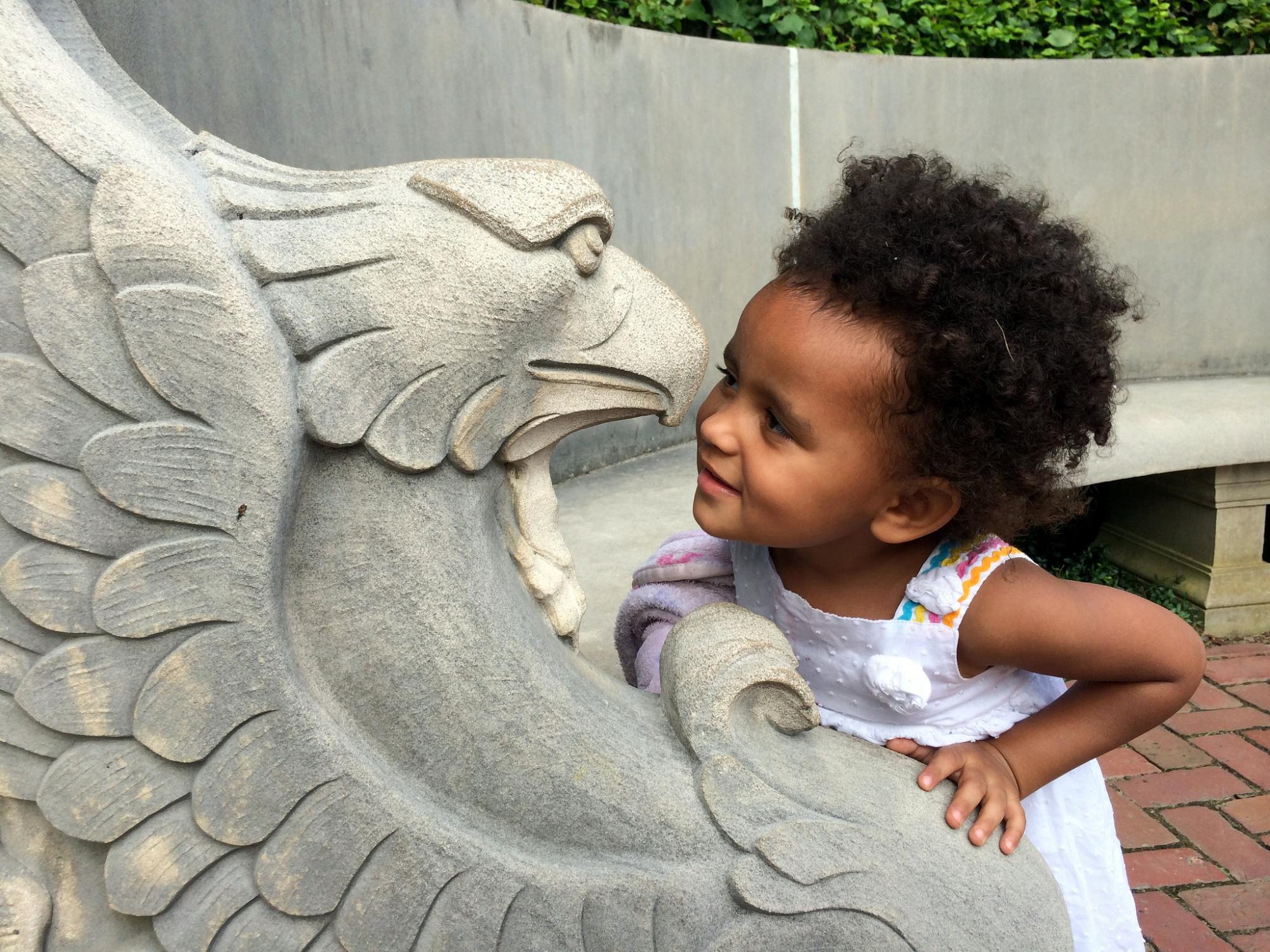I have always believed strongly in not “over-pathologizing.” As the term implies, I don’t think it’s helpful to a child or a family to be told that every behavioral quirk in a child is a clear deviation from normal and therefore must be clinically addressed. Speech-language pathologists have research-based evaluation tools to determine with good confidence whether an underlying speech or language challenge is present. If there is something that would need to be addressed, we can reliably determine this. What we’re really trying to do is find a “happy medium” between alarmism and ensuring that we don’t miss anything. This blog post is dedicated to putting a clinical lens on what we can somewhat simplistically term shyness so you, as a parent, can get an idea at various ages if your shy child may need a speech and language evaluation from a trained professional.
The Face of Friendship – Strategies to Improve Social Communication Skills
Language Development School Speech DisordersIf you have a child with a social communication disorder, one of the most wonderful sights can be seeing that child connect with a friend – have a conversation, share a joke, or just enjoy playing together in the park. These usually commonplace activities for young friends don’t always come so easily. Social communication disorders are often associated with dual diagnoses, such as ADHD, hearing loss, Autism, and learning disorders. While this can make the actual diagnoses of a social communication disorder more challenging, it does not remove the need for kids to learn the skills needed to communicate with peers, teachers, family members, and the people they encounter in their community. Continue reading


